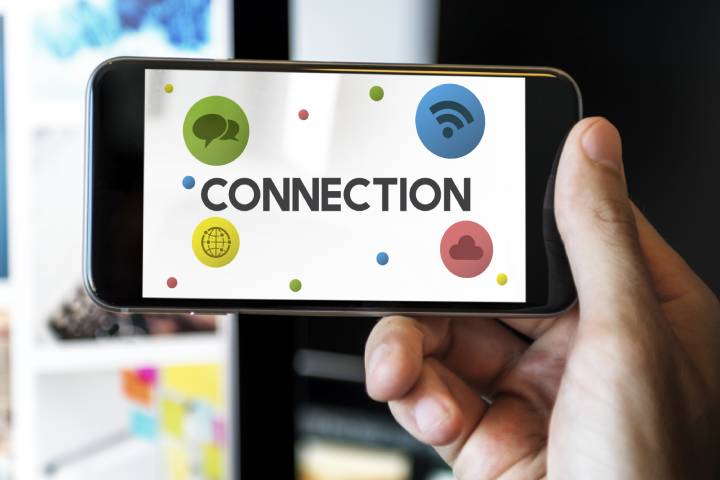Public Wi-Fi Networks Know Their Risks And Protect Your Information

Wifi networks enabled in public places and establishments, such as restaurants, hotels, or airports, are usually not protected by a password and do not have an adequate security protocol. They provide convenience and speed to users when connecting to the Internet. Still, they can pose a high risk to your personal information since it travels unencrypted when transmitted through them.
Many public wifi networks ask Internet users to fill in a form in which they must enter their name, surname, and email, among other information. On some occasions, this information may be collected to be later sold to advertising companies and agencies, even from countries located outside the European Union, or in the worst case, on the black market, which may pose a risk. Elevated for user privacy.
However, the riskiest scenario occurs when a cybercriminal takes advantage of these wifi networks to access the victims’ devices and, consequently, the data they enter and store on them. The attackers create a wifi network with free access and give it a name very similar to the official network of the place where the users are.
For example, suppose the official wifi network is called “Wifi_T4_Barajas”. In that case, they can create one and name it “Wifi_T4_Barajass” to create confusion. Therefore, cybercriminals can make users believe that they are connecting to the establishment’s network when in fact, they are connecting to a fake wifi network controlled by them.
By executing the “Man in the Middle” or man-in-the-middle attack, the cybercriminal places himself between the user’s device and the server he is communicating with to intercept the information. The attacker monitors online activity within the infected network or fake network to record interest data.
These are some good practices that you can carry out to protect the information on your devices when you connect to a public wifi network:
- Avoid entering your access data to your online banking and not using online services, and you must detail your personal and banking information to carry out transactions or buy online.
- If you are not sure what the whole network of the establishment is, ask someone in charge of the premises to inform you.
- Be careful when browsing the Internet and make sure you are doing so on secure web pages (they start with “https” and contain a closed padlock located on the left of the navigation bar).
- It is advisable to use a VPN (Virtual Private Network) so that the information is transmitted encrypted.
- When you disconnect from the network, remove it from your device. Within your list of networks, go to the “Advanced” section and then to “Manage networks”; once in it, click on the one you want to delete and click on “Forget.”
- As a general rule, always keep the operating system and browser of your devices up to date, install an antivirus, and perform regular scans.
- When you connect to a wifi network from a smartphone or tablet, an option appears to remember the network and allow the device to connect to it when it is available automatically. Do not accept this option with public wifi networks.
Also Read: Here Is How WiFi Marketing And a Customer Data Platform Can Grow Your Business!
